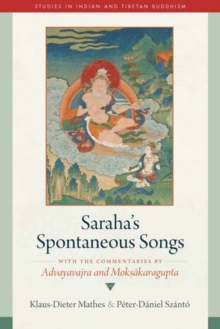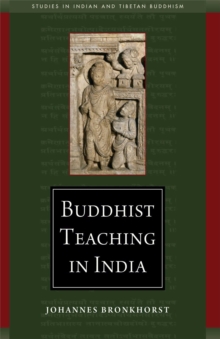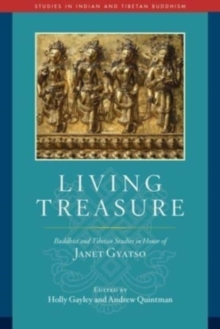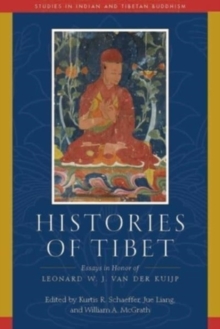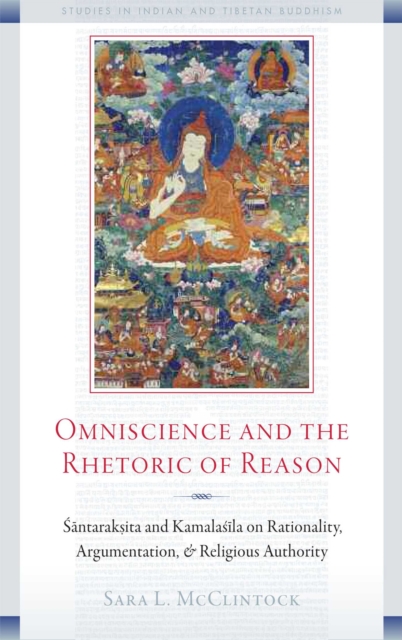
Omniscience and the Rhetoric of Reason : Santaraksita and Kamalasila on Rationality, Argumentation, and Religious Authority EPUB
by Sara L. McClintock
Part of the Studies in Indian and Tibetan Buddhism series
EPUB
Description
The great Buddhist scholars Santaraksita (725 - 88 CE.) and his disciple Kamalasila were among the most influential thinkers in classical India. They debated ideas not only within the Buddhist tradition but also with exegetes of other Indian religions, and they both traveled to Tibet during Buddhism's infancy there. Their views, however, have been notoriously hard to classify. The present volume examines Santaraksita's Tattvasamgraha and Kamalasila's extensive commentary on it, works that cover all conceivable problems in Buddhist thought and portray Buddhism as a supremely rational faith.
One hotly debated topic of their time was omniscience - whether it is possible and whether a rational person may justifiably claim it as a quality of the Buddha. Santaraksita and Kamalasila affirm both claims, but in their argumentation they employ divergent rhetorical strategies in different passages, advancing what appear to be contradictory positions. McClintock's investigation of the complex strategies these authors use in defense of omniscience sheds light on the rhetorical nature of their enterprise, one that shadows their own personal views as they advance the arguments they deem most effective to convince the audiences at hand.
Information
-
Download - Immediately Available
- Format:EPUB
- Pages:440 pages
- Publisher:Wisdom Publications
- Publication Date:10/05/2010
- Category:
- ISBN:9780861719310
Information
-
Download - Immediately Available
- Format:EPUB
- Pages:440 pages
- Publisher:Wisdom Publications
- Publication Date:10/05/2010
- Category:
- ISBN:9780861719310
